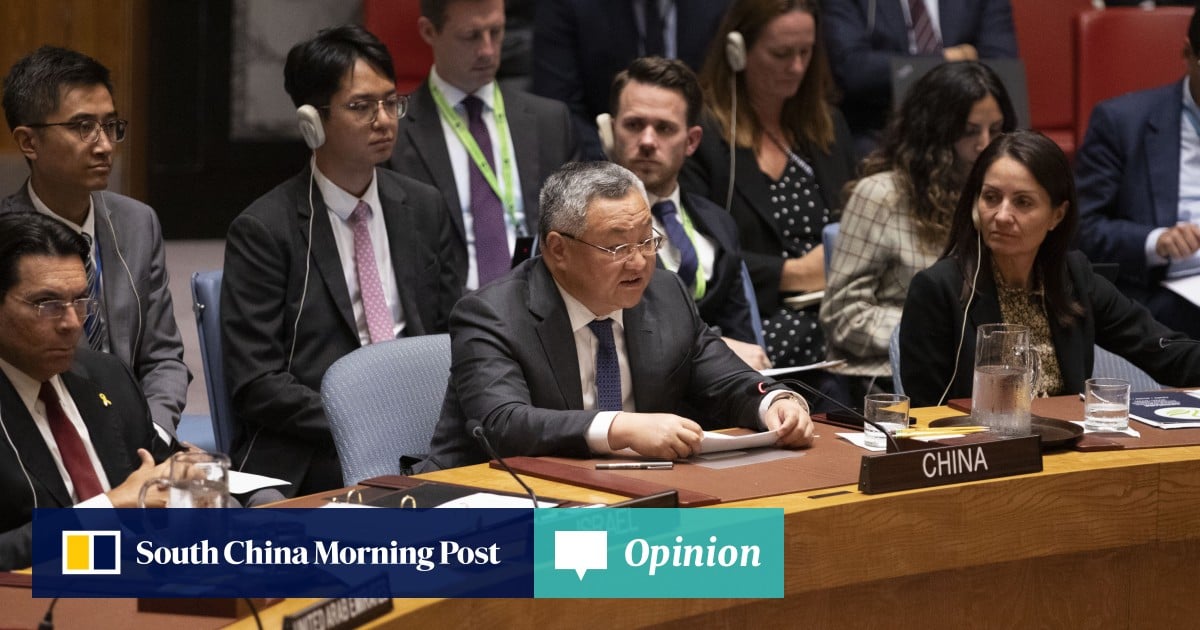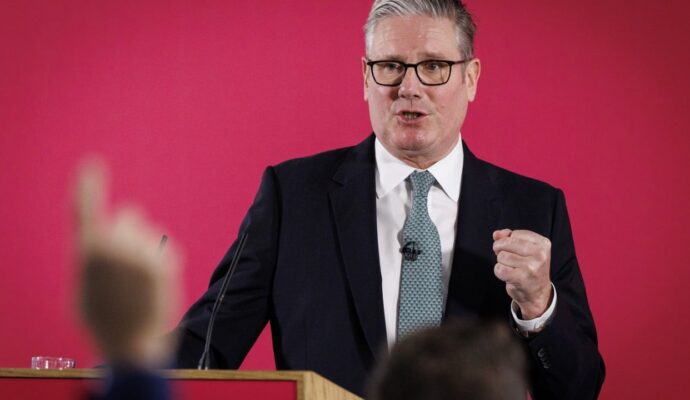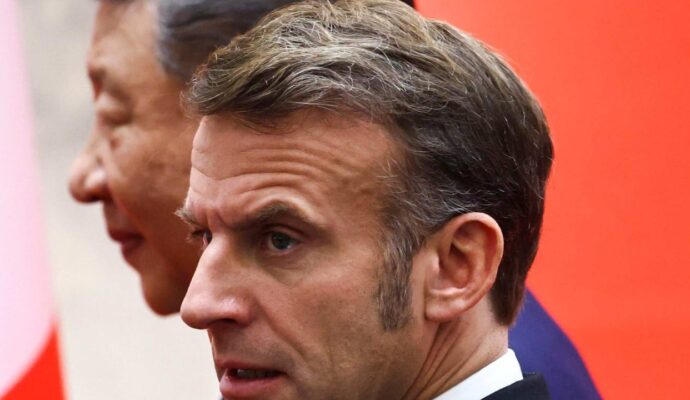
Advertisement
UN General Assembly President Annalena Baerbock, who presides over this historic 80th session, was candid enough to warn that the UN is at a “make-it-or-break-it moment”. Her speech framed this year’s session in terms of survival, rather than celebration.
Yet Baerbock, who previously served as Germany’s foreign minister, embodies the contradictions at play. Germany has been one of Israel’s principal suppliers, accounting for roughly a third of Tel Aviv’s imports between 2020 and 2024, according to SIPRI.
Only recently, Berlin announced a suspension of arms exports for operations in Gaza – a gesture that seems more theatrical than substantive. Washington, meanwhile, towers over all others: 66 per cent of Israel’s weapons come from the United States. These two allies are not simply on the sidelines of Gaza’s destruction – they are its enablers.
Advertisement


